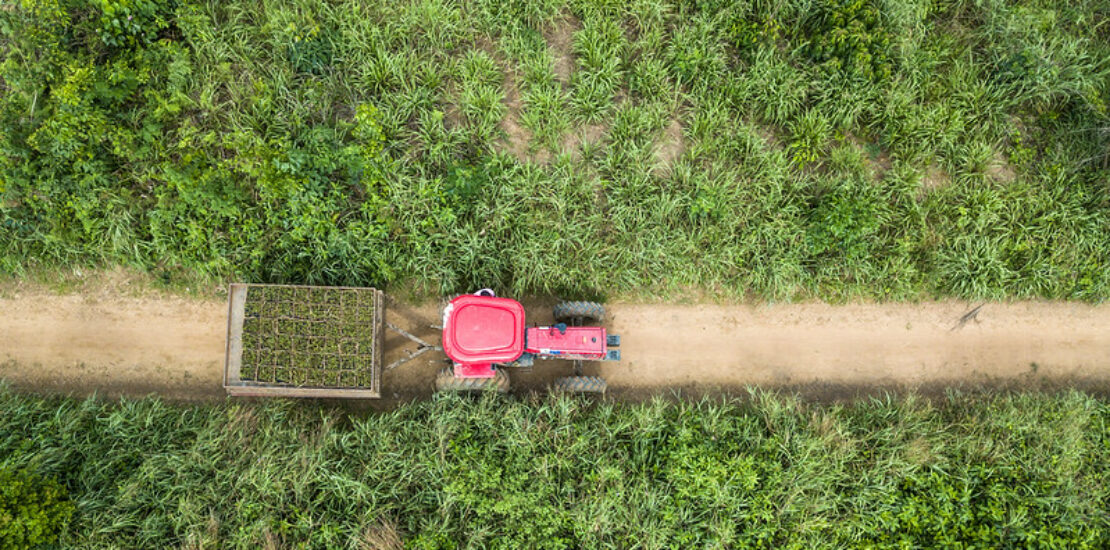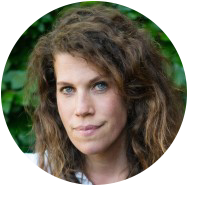- 19 November 2021
- Posted by: 220608@getaweb.nl
- Category: Interviews

Sustainable production starts with measuring

Sanne Griffioen is Head of the Expert team on Sustainability and responsible for the Sustainable Farming Research Program of FrieslandCampina since 2018. She has a scientific background. In 2007 she entered the nutrition field, and in 2013, she started at Frieslandcampina, where she occupied various roles. As time passed, Griffioen chose sustainability as her focus. She will be speaking at IFFI’s event Sustainable Food Production, that takes place on November 25th.
What are the challenges of the future when it comes to sustainable food production?
“The biggest challenge, now, is to make it affordable. There is a price attached to sustainability and its innovations; whether it is about optimizing feed, to implementing other housing systems. It needs to be organized as such, that the bill does not end up with the farmers. We need to do it in a fair way.”
“The biggest question is not whether, but how are we going to get the sustainability wheel up and running. Eventually, we’ll have to move to a more sustainable food system, one that is in balance with nature, within the limits of the planet’s resources. That is a transition; it won’t happen within the blink of an eye. Since WW2, the food industry focused on efficiency, on volume. Today in many cases it is still true that more volume needs to more income. If we want this to change we also have to reward other services, like biodiversity and climate.”
“Sustainability often sounds one-dimensional, but it is not. Often, it is quite complex, as many topics impact each other. It is very important to look at sustainability in an integral way. Moreover, because so many parties are involved, we have to make an effort to understand each other’s views and to move forward together.”
Sometimes the sustainability of dairy is questioned. What are FrieslandCampina’s thoughts on that?
“Let’s be clear, I believe in the added value of dairy. To live a healthy life you need a variety of nutrients, including plant and animal proteins. If you switch to a complete vegan diet, you will need to compensate with other foods, as dairy is quite nutrient-rich. Several analyses show that following an exclusively plant-based diet is not necessarily more sustainable. However, it is all about having a balance in your diet, plant and animal proteins hand in hand. That said, that does not mean that the production of animal proteins and dairy cannot be more sustainable. It is our responsibility to make the production of dairy as sustainable as possible.”
What do you hope people will take away from your masterclass?
“I hope they leave with the understanding that sustainable production starts with measuring. You have to find out which component or process in the production of your food has the biggest negative impact and then start acting and monitoring. In the masterclass I will show how we use this approach within FrieslandCampina to address above mentioned challenges and illustrate with examples of new business models.”
